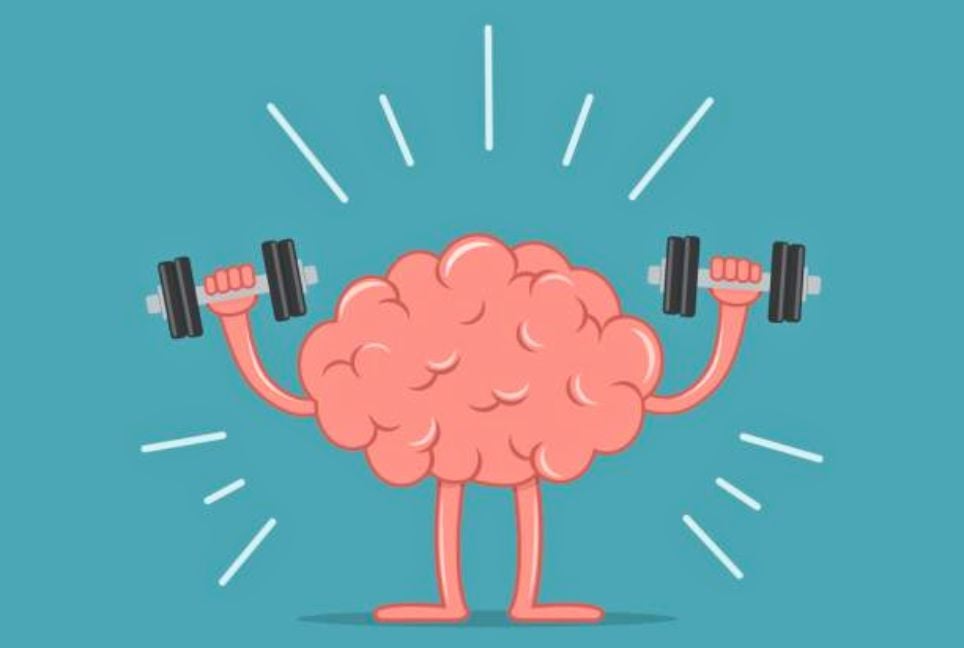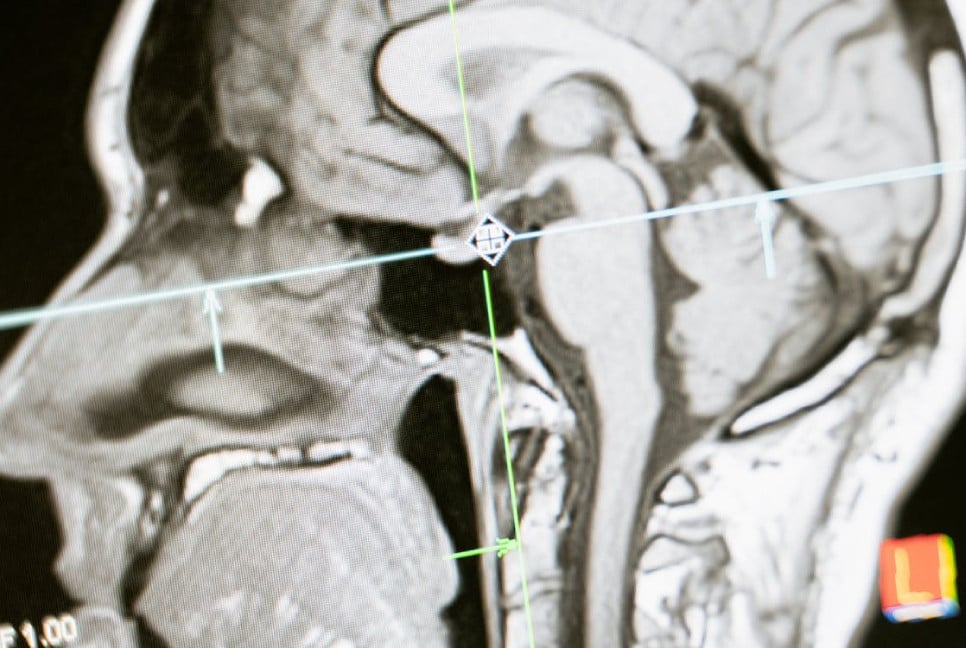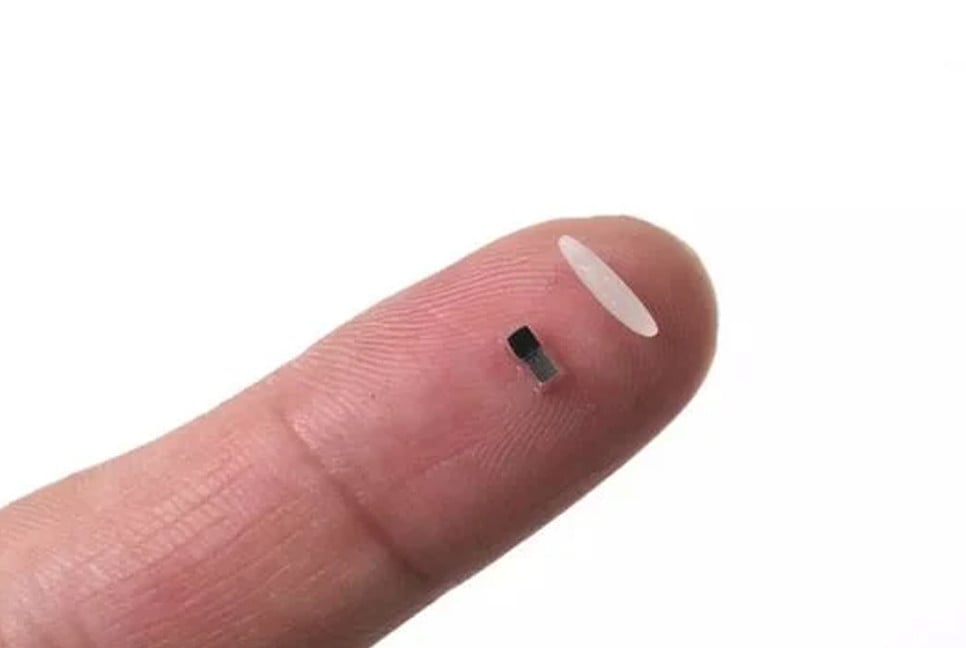Regular exercise is known for improving heart health, weight management, and overall fitness. However, new research suggests it can also enhance brain function by improving how brain cells respond to insulin, a crucial hormone for blood sugar control.
This discovery could be a game-changer for cognitive health, particularly as we age.
How it works
A study published in Aging Cell found that physical activity triggers cellular processes in the brain linked to insulin function. While insulin primarily regulates blood sugar, it also influences cognitive functions like memory and learning. When brain cells become resistant to insulin, cognitive decline may follow—potentially increasing the risk of conditions like Alzheimer’s.
Lead researcher Steven Malin of Rutgers University stated, “Exercise may improve cognition and memory by enhancing insulin’s effects on the brain.”
Insulin and cognitive function
When we consume carbohydrates, insulin helps move sugar from the bloodstream into cells for energy. High insulin sensitivity allows the body to use insulin efficiently, but conditions like prediabetes and type 2 diabetes reduce this ability, leading to high blood sugar and cognitive decline.
Recent studies highlight insulin’s role in brain cell communication. If brain cells become insulin-resistant, their functions deteriorate, which could contribute to neurodegenerative diseases. Researchers are now exploring exercise as a means to enhance insulin sensitivity in the brain.
The role of neuronal extracellular vesicles
A key aspect of the study is the role of neuronal extracellular vesicles—tiny sacs released by brain cells. Once thought to be waste, these vesicles are now recognized as critical for cellular communication. They transport proteins, including Akt, which plays a vital role in insulin signaling. By analyzing these vesicles in blood samples, researchers can assess brain insulin sensitivity.
The exercise experiment
The study involved 21 sedentary adults, mostly women around 60 years old with prediabetes. Over two weeks, they completed 12 supervised cycling sessions. Before and after the program, researchers measured insulin sensitivity using blood samples.
Results showed that exercise significantly increased Akt levels in neuronal vesicles, indicating improved brain insulin sensitivity. These effects were more pronounced after glucose consumption, suggesting that exercise helps brain cells respond better to insulin spikes.
More than a brain boost
Beyond cognitive benefits, participants experienced improved blood sugar control and higher overall insulin sensitivity. Some even lost weight, reinforcing the link between physical activity and metabolic health.
Takeaway
Though the study had limitations—such as a small, primarily female sample size—it highlights the potential of exercise to enhance both physical and cognitive health. Whether through cycling, jogging, or brisk walking, staying active could be key to maintaining brain function as you age.
Source: Hindustan Times
Bd-pratidin English/Fariha Nowshin Chinika



































































